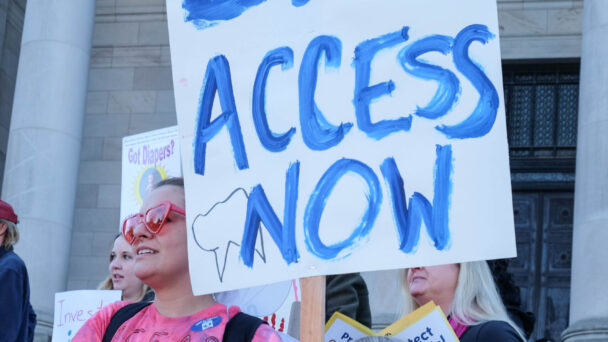Gutting the CFPB Will Make Us All Sicker—And Debt Collectors Richer
The attack on the CFPB: What’s at Stake The Consumer Financial Protection Bureau (CFPB) was created to stand up for people, not corporations—to protect us from predatory lenders, abusive debt…






